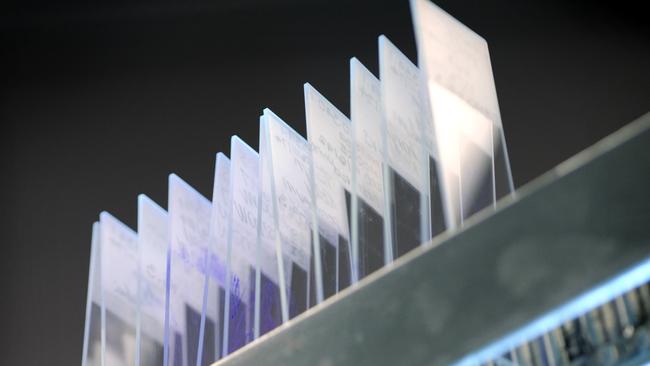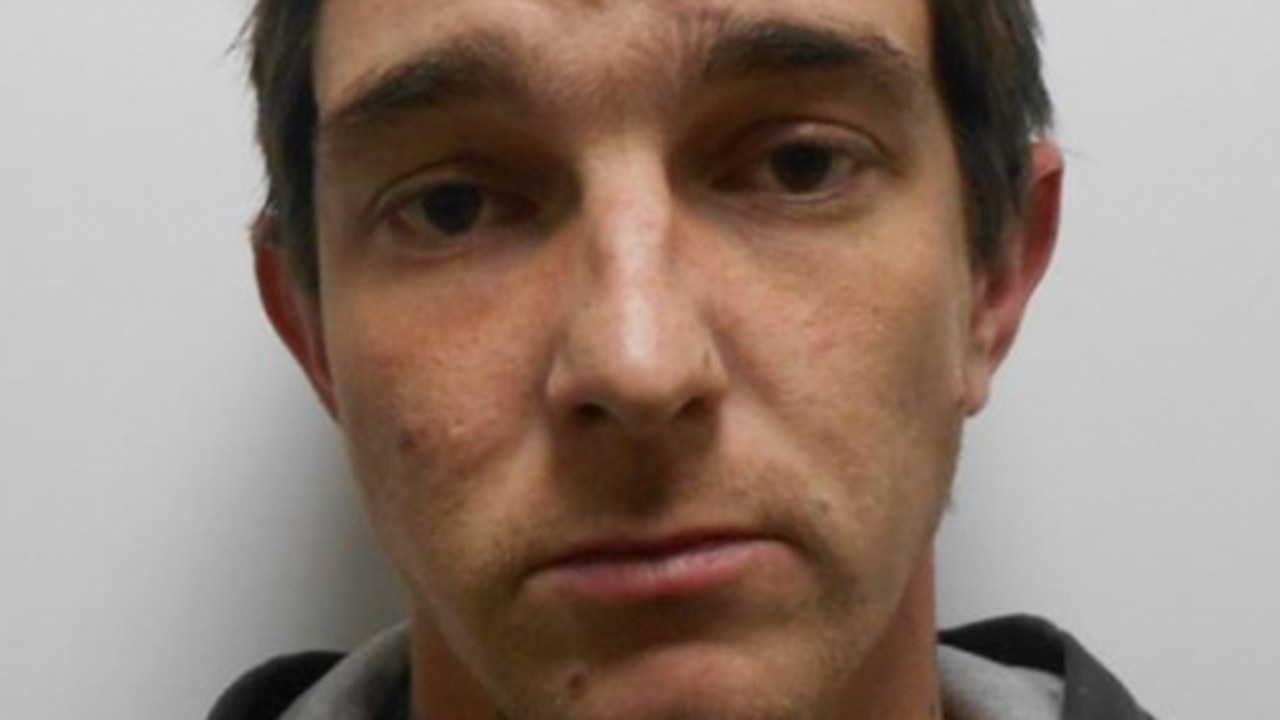State-run lab proposed using bleach, ethanol to clean delicate DNA recovery equipment: Inquiry
A staffer at a state-run forensics lab has been questioned over approved cleaning changes, such as running tools through a “dishwasher”.
NewsWire
Don't miss out on the headlines from NewsWire. Followed categories will be added to My News.
A team leader at a state-run forensics lab has been grilled over why she approved changes to how recovery equipment was cleaned, including the use of bleach and ethanol on delicate tools used on bones.
Dr Paula Brisotto told a commission of inquiry bleach and ethanol were the commonly used methods for cleaning items used in the recovery of DNA samples at Queensland Health Forensic and Scientific Services (FSS).
This is despite serious issues being raised about the metal equipment being at risk of pitting and corrosion, which in turn would cause contamination of the crime scene samples.
The decision is one of many practices under scrutiny at the scandal-plagued institute.

Walter Sofronoff, a former Court of Appeal judge, is chairing the commission of inquiry which is looking into DNA testing at the lab.
In 2018, a decision was made for the lab to stop testing samples from crime scenes which contained tiny amounts of DNA.
Mr Sofronoff said the decision may have impacted police investigations or prosecutions, calling it a “profound issue for the administration of criminal justice” in his interim report.
On Friday Dr Brisotto, a team leader at FSS, was shown an email sent to former evidence recovery supervisor Allan McNevin, which discussed changing how items were cleaned because of issues with using the disinfectant Tergazyme.
It proposed using the lab’s “dishwasher”.
Michael Hodge KC, counsel assisting the coroner, asked why Dr Brisotto was making the decision surrounding the cleaning process and how it impacted the bone-crushing equipment.
“For wording to go out to voting, I believe,” she said.

Dr Brisotto said the general process was to use ethanol to remove bleach which had been applied to the cleaning items.
The inquiry was told there was a risk that pitting or corrosion could occur on some of the metal equipment.
“Can you explain why you would have approved this change without having any validation for the type of substance or equipment?” Mr Hodge asked.
“What was implemented was bleach, then ethanol, for the remaining equipment,” Dr Brisotto answered.
She said TriGene needed “further testing” to see if it was an effective disinfectant.
Serious defects in their testing procedures and a “toxic” workplace culture have been alleged by former staffers and scientists during the hearings in the past few weeks.
Dr Brisotto earlier said she wasn’t aware of discord in the lab’s management team when the report first proposed changing the testing methods.
In an email sent in December 2017, she told Justin Howes, another team leader, she was “happy with the theory and recommendations”.
Originally published as State-run lab proposed using bleach, ethanol to clean delicate DNA recovery equipment: Inquiry



